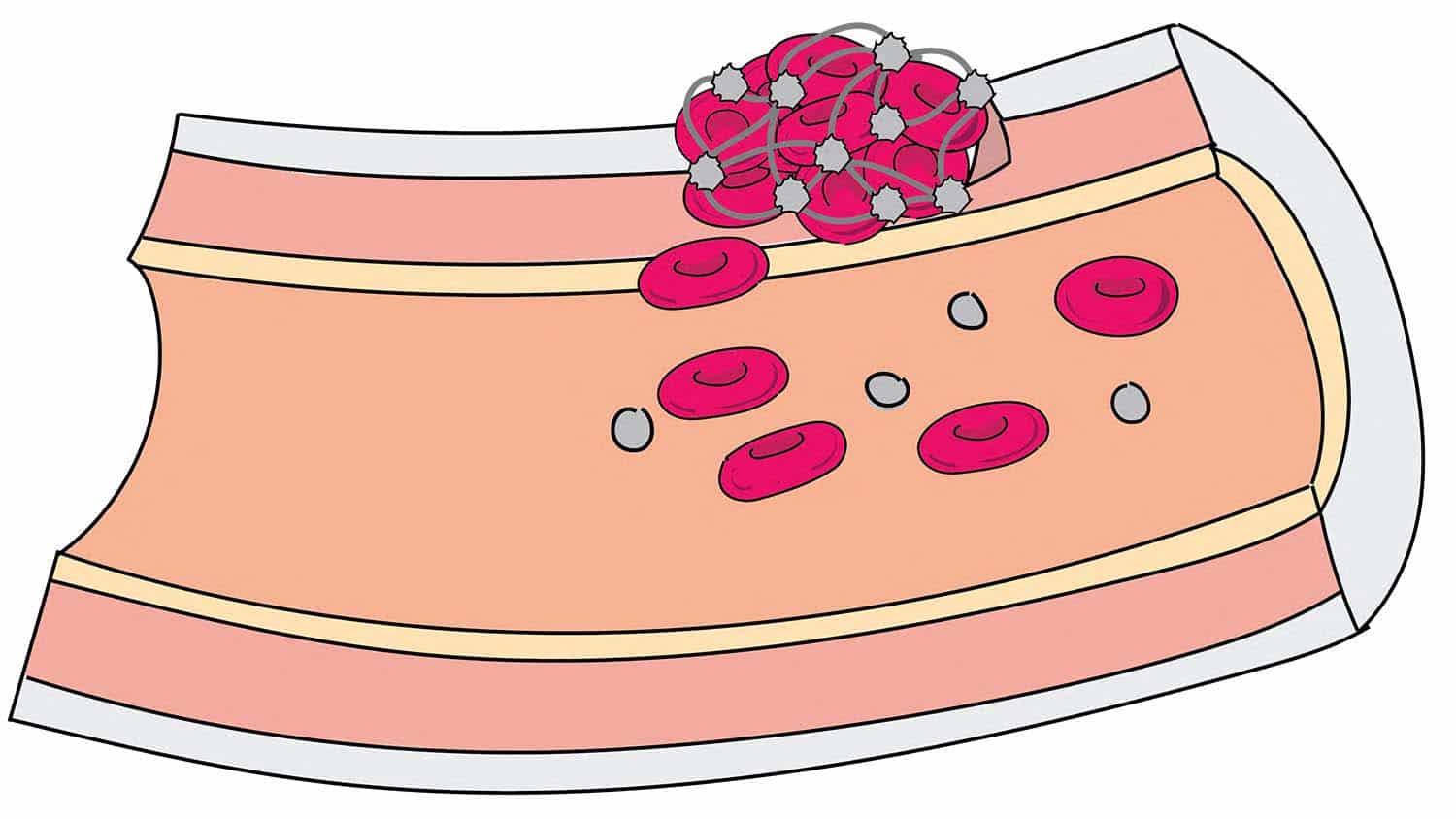NC State Leads Local Gates Foundation Initiative to Spur Postsecondary Success
North Carolina State University has been awarded a $1.3 million grant to guide the continuing participation of the Raleigh postsecondary partnership in a three-year demonstration funded by the Bill & Melinda Gates Foundation. The Partners for Postsecondary Success initiative is part of the Gates Foundation’s postsecondary strategy to double the number of young adults (aged 16-26) who earn a postsecondary credential with labor market value by 2025.
The Raleigh Colleges and Community Collaborative will use the grant over the next two years in targeted efforts to increase the number of low-income youth who complete degrees, specialized training and credentials that enable them to succeed in the workforce. NC State is the lead agency for the partnership, which includes Meredith College, Peace College, Shaw University, St. Augustine College, Wake Technical Community College, the Wake County Public School System, the City of Raleigh, Wake County Human Services, United Way of the Greater Triangle and the Capital Area Workforce Development Board, along with other local partners.
The Raleigh Collaborative will reach out to students through three specific programs. This summer, students at two Wake County high schools are taking part in a Raleigh Future Scholars pilot project to learn about educational options after graduation. All six colleges in the partnership will reach out to low-income students with campus Raleigh Fellows programs that provide mentoring, work-based learning opportunities such as internships, and assistance with resume and job interview preparation. The third project is opening Raleigh College Centers in partnership with the city to offer walk-in advice on completing a GED, applying to college, securing financial aid and finding opportunities for on-the-job training.
“Through the Raleigh Collaborative, we want to make a long-term change in the way we come together to support young people as they move from high school through college or specialized training and into jobs with a living wage,” said NC State’s Dr. Jose Picart, who will lead the project as executive director. “To build an even stronger partnership, we will work closely with the Collaborative Partnership for Excellence in Youth Development, a John Rex Endowment initiative to advance positive youth development in Wake County for underserved school-age youth 5 to 18 years old.” The Gates Foundation grant requires the Raleigh Collaborative to raise $240,000 in matching funds.
The Raleigh Collaborative’s goal is to reach 750 young adults from low-income families during the 21-month grant implementation period and 4,000 students over the next decade. An estimated 15,000 to 20,000 young people in the area would qualify for the programs.
MDC, a Chapel Hill-based nonprofit dedicated to improving educational and economic opportunities in communities across the nation, received a grant from the Gates Foundation to lead the initiative and will continue to provide coaching and technical support during the implementation phase of the project. Partners for Postsecondary Success is expected to help communities improve the performance of their postsecondary institutions, deepen collaboration between education and industry to forge student pathways to good jobs, and align and leverage resources to sustain the partnership effort beyond the demonstration period.
“This is not about trying to get everyone a four-year degree but rather to acknowledge that a high school diploma is no longer sufficient to earn access to jobs in many of the fastest growing occupations,” said Bonnie Gordon, MDC senior program director and project director of Partners for Postsecondary Success. “These partnerships will serve as credible, enduring communitywide sources of information, inspiration, and action to help students earn an array of postsecondary credentials required for the workforce of the future.”
– 30 –
- Categories:


